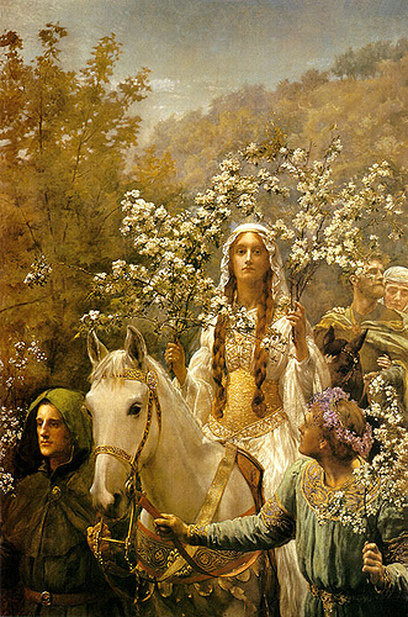 "The Maying of Queen Guinivere"
"The Maying of Queen Guinivere" “BEALLTAIN, Beltane, is the first day of May. On May Day all the fires of the district were extinguished and 'tein eigin,' need-fire, produced on the knoll. This fire was divided in two, and people and cattle rushed through for purification and safeguarding against 'ealtraigh agus dosgaidh,' mischance and murrain, during the year. The people obtained fires for their homes from this need-fire. The practice of producing the need-fire came down in the Highlands and Islands to the first quarter of this century. The writer found traces of it in such distant places as Arran, Uist, and Sutherland. In 1895 a woman p. 183 in Arran said that in the time of her father the people made the need-fire on the knoll, and then rushed home and brought out their 'creatairean,' creatures, and put them round the fire to safeguard them, 'bho ’n bhana bhuitsich mhoir Nic-creafain,' from the arch-witch Crawford.
The ordeal of passing through the fires gave rise to a proverb which I heard used by an old man in Lewis in 1873:--'A Mhoire! mhicean, bu dora dhomhsa sin a dheanamh dhuit na dhol eadar dha theine mhoir Bheaill,' Ah Mary! sonnie, it were worse for me to do that for thee, than to pass between the two great fires of Beall.”
“BLESS, O Threefold true and bountiful,
Myself, my spouse, and my children,
My tender children and their beloved mother at their head.
On the fragrant plain, on the gay mountain sheiling,
On the fragrant plain, on the gay mountain sheiling.
Everything within my dwelling or in my possession,
All kine and crops, all flocks and
BLESS, O Threefold true and bountiful,
Myself, my spouse, and my children,
My tender children and their beloved mother at their head.
On the fragrant plain, on the gay mountain sheiling,
On the fragrant plain, on the gay mountain sheiling.
Everything within my dwelling or in my possession,
All kine and crops, all flocks and corn,
From Hallow Eve to Beltane Eve,
With goodly progress and gentle blessing,
From sea to sea, and every river mouth,
From wave to wave, and base of waterfall.
Be the Three Persons taking possession of all to me belonging,
Be the sure Trinity protecting me in truth;
Oh! satisfy my soul in the words of Paul,
And shield my loved ones beneath the wing of Thy glory,
Shield my loved ones beneath the wing of Thy glory.
Bless everything and every one,
Of this little household by my side;
Place the cross of Christ on us with the power of love,
Till we see the land of joy,
Till we see the land of joy,
What time the kine shall forsake the stalls,
What time the sheep shall forsake the folds,
What time the goats shall ascend to the mount of mist,
May the tending of the Triune follow them,
May the tending of the Triune follow them.
Thou Being who didst create me at the beginning,
Listen and attend me as I bend the knee to Thee,
Morning and evening as is becoming in me,
In Thine own presence, O God of life,
In Thine own presence, O God of life.”
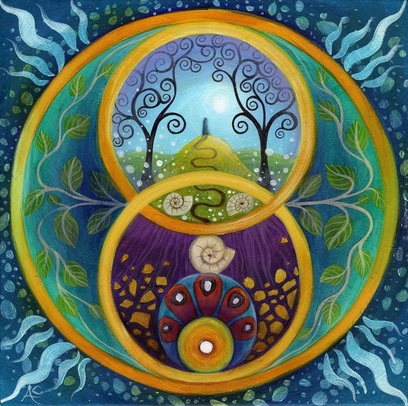
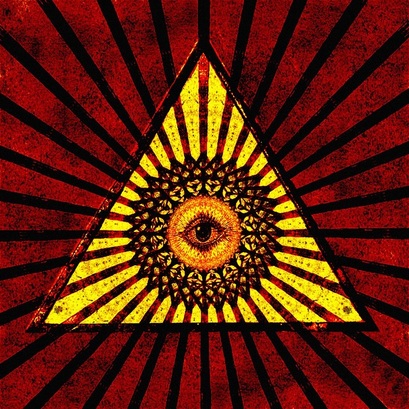
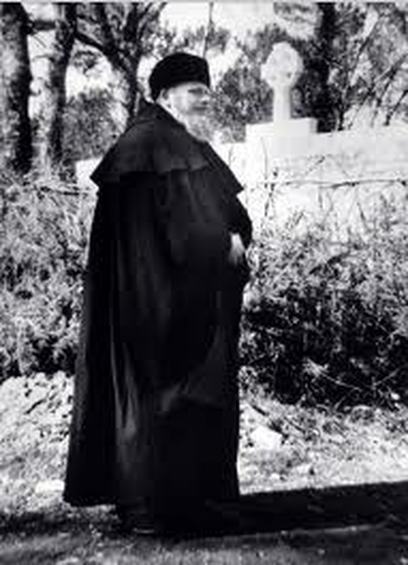
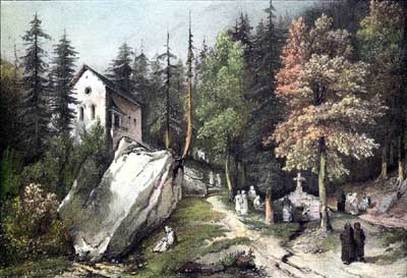
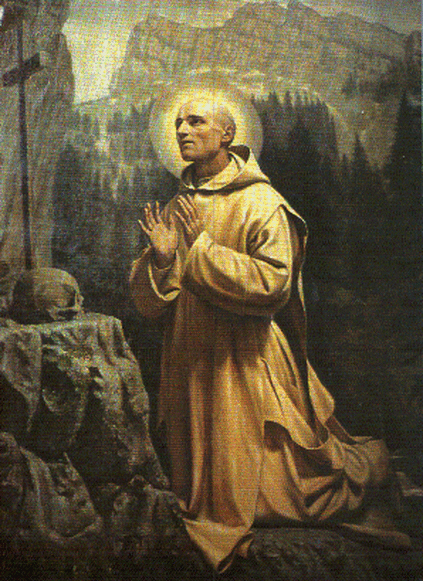
 RSS Feed
RSS Feed
